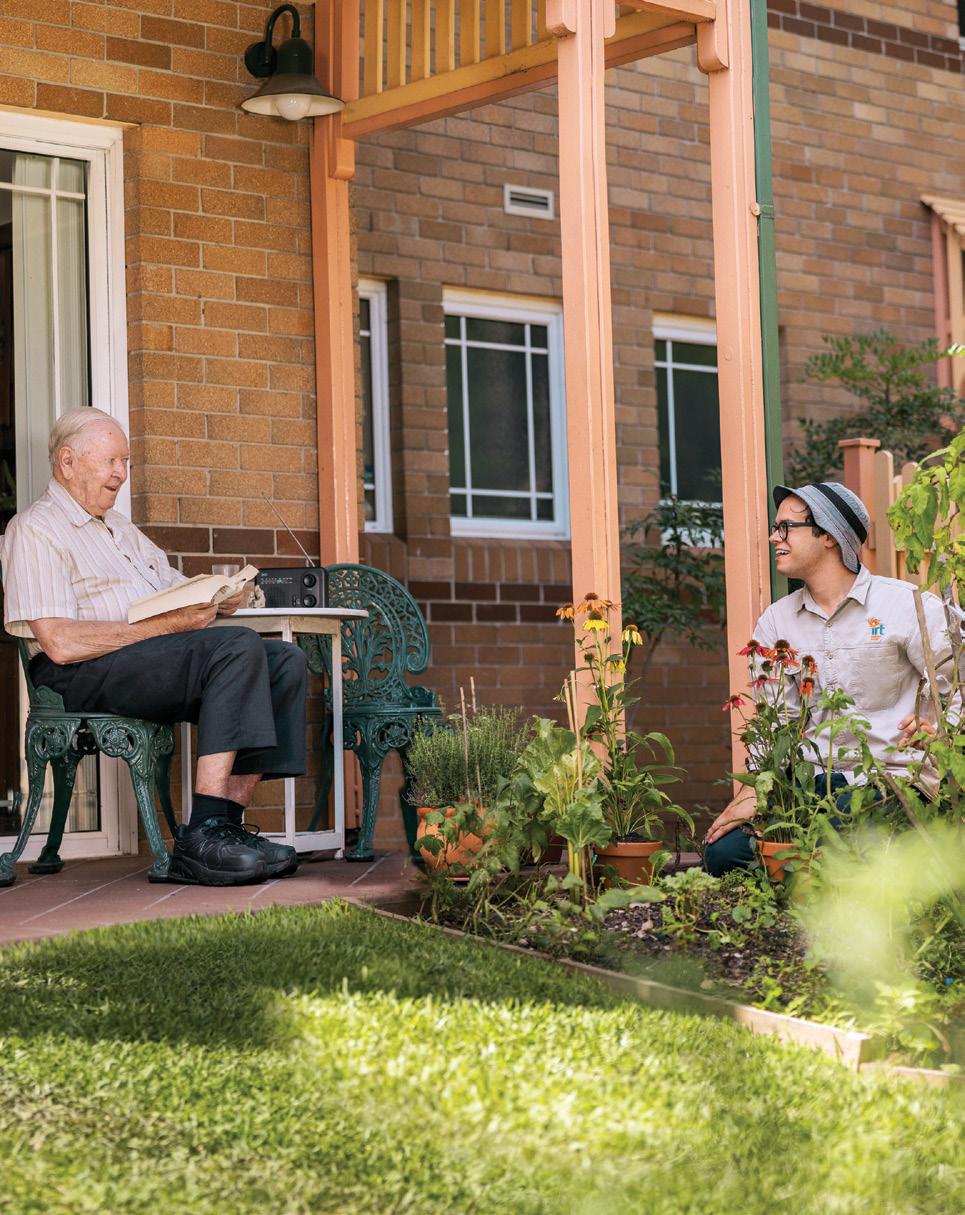
1 minute read
Retirement living
The cost of entering a village depends on the facilities and services offered. Monthly service and maintenance charges also apply and you may have to pay for extra personal services like laundry.
To reserve a villa, a nominal deposit is required and the village will have a policy on how long it can be held for you. Should you change your mind within this specified time, the deposit will be refunded.
If you enter into a binding arrangement with the village, the deposit will be part of the purchase price.
In some States and Territories, purchasers are entitled to a refund during a ‘cooling off’ period following the signing of a residency contract.
Be sure to make enquiries regarding this as some villages may require an administration fee for refunds.
Fees and charges
There are many fees and charges associated with living in a retirement village. Ensure you are provided with full details of all applicable charges and what they cover.
For example, there may be a regular maintenance charge that covers the running costs of the entire village.
These costs may include upkeep of facilities, staff, council and water rates from common areas, security, insurances including workers’ compensation and public liability, contents insurance for common areas as well as village building insurance. In addition, the charge may also contribute toward a ‘sinking fund’ for major repairs and improvements.
What happens upon vacating?
While the resale value will be determined by the market, there are factors in a retirement village that can add value to your villa or apartment. These include good management, attractiveness and the services and amenities available to enhance retirement living.
Departure/exit fee
The village will deduct a ‘deferred’, ‘departure’ or ‘exit’ fee at the time of settlement of sale or re-occupancy of your villa. This fee forms part of the purchase price, but its payment is deferred until the end of the occupancy.
The amount is calculated using a formula that generally involves a percentage of your/your successor’s entry cost multiplied by the number of years of your occupancy, and may include a proportion of capital appreciation.
Can’t afford to buy?
Some retirement villages offer accommodation rental units, sometimes known as periodic tenancy, although these are generally reserved for people with limited financial resources and are usually income assessed. You don’t own the property but pay a weekly fee for the accommodation under the Residential Tenancy Agreement, plus bond. Depending on your circumstances you may be able to receive rent assistance from Centrelink.





